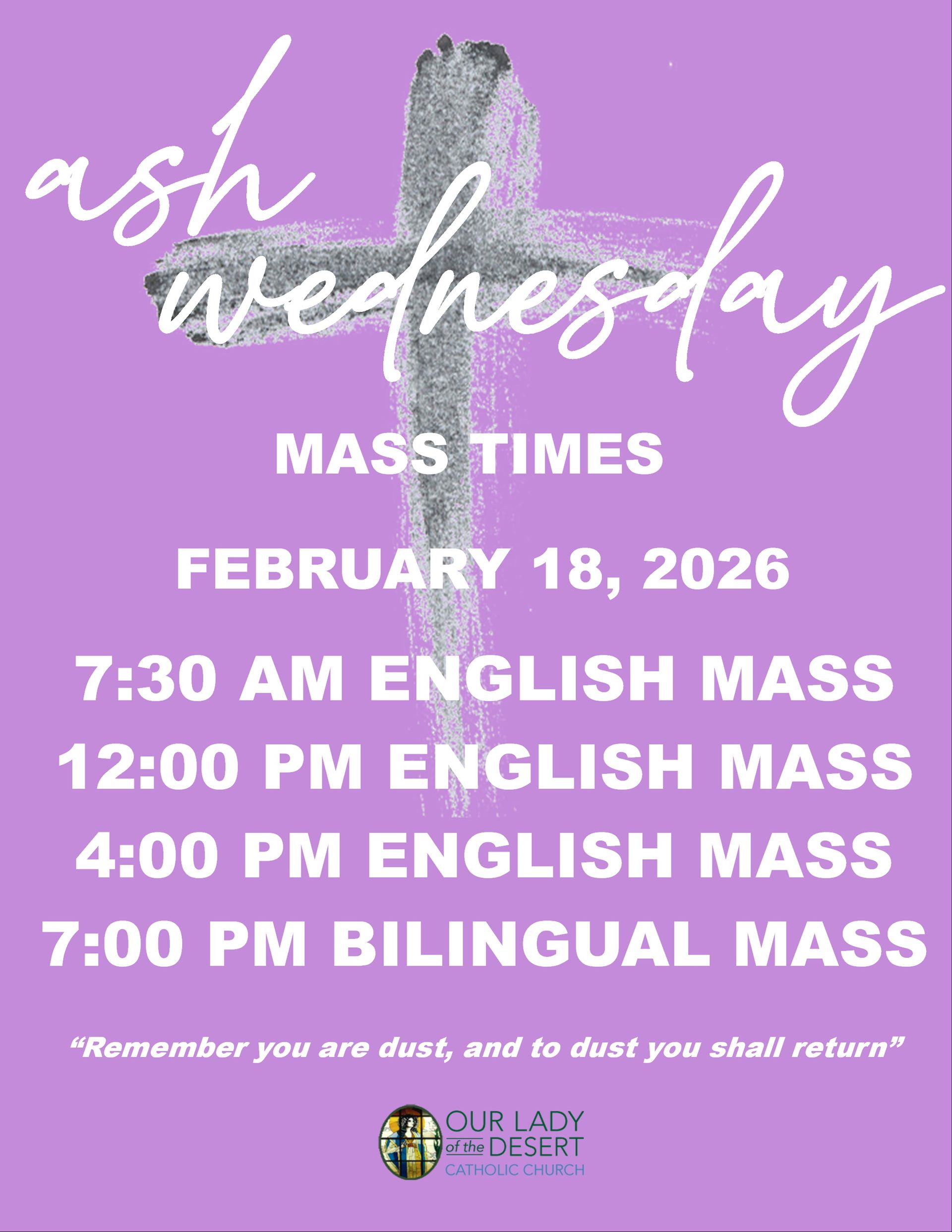Tips for smoother life transitions
excerpt from “Times of Transition” article by Emily Stimpson Chapman, OSV Newsweekly
[How] in the midst of perpetual transition, can young adults find the spiritual footing they need to move forward, not backward, in their journey to God?
The answer to that question starts with recognizing that change, in and of itself, is not a bad thing. According to Father Dave Pivonka, TOR, a 20-year veteran of Catholic youth and young adult ministry, major life transitions bring with them important opportunities for new beginnings and fresh starts.
Understanding anxiety
As young people embark on new phases in life, identifying old bad habits and cultivating an awareness of escape routes can help them circumvent the more common pitfalls of transitions. So too can identifying the source of any anxiety they might be experiencing about the changes in their life.
For example, one common source is fear of making the “wrong” choice.
As Pivonka explained it, many Catholic 20- and 30-somethings have bought into the idea that there’s always a right choice and a wrong choice — that God has exactly one thing he wants them to do, and if they don’t figure it out and choose exactly that, “God won’t bless their choice.”
“Many of these choices are actually quite neutral,” Pivonka continued. “But rather than make a ‘wrong’ choice, they end up making no choice at all.”
At other times, the anxiety that accompanies transition stems from having left God out of the decision-making process altogether.
“When our lives are in flux, it’s easy to become so focused on the immediate, tangible need that all the ‘spiritual stuff’ gets pushed to the back burner,” said Amy McEntee, executive director of the National Catholic Young Adult Ministry Association.
In other words, when there are new apartments to be rented, new office politics to master, new friends to be made, and someone isn’t even entirely sure where to find the grocery store or post office, the temptation is to focus on those problems and not on finding a faith community or nurturing one’s prayer life.
The same holds true for newlyweds and new parents. In the midst of all the changes that new spouses and new babies bring, old habits of prayer and the sacraments often fall by the wayside.
Unfortunately, prioritizing the immediate over the eternal leaves people without spiritual support when it’s most needed.
“When we put God in the equation, we know we’re not alone,” McEntee said. “And that’s probably the most important thing anyone needs to know when they’re struggling with change.”
In the midst of change
Over the last year, Allison Keegan learned that lesson firsthand. In less than 12 months, the 29-year-old Kansas native began a new job, moved to a new town, got engaged to a coworker, broke off her engagement to the coworker and left her new job in search of yet another one.
“It’s certainly been a lesson in humility,” she admitted. “It’s so tempting to look at this past year and feel like it was a waste, that I have nothing to show for it, that I’m no closer to my professional goals or vocational goals than I was a year ago.”
It’s also tempting, she added, “to lose confidence in my decision-making abilities. I really struggled to discern what feelings were from God and what doubts were just of the devil.”
Two things, ultimately, have kept Keegan from giving in to those temptations.
First, she learned that “cutting yourself off from the people or things you love because you’re having a hard time is a bad idea.”
Instead, she said, her most foolproof method for coping with the stress of her ever-changing situation became “focusing on other people and trying to do something for them. Going out of my way to help others got me out of my own world and helped me feel alive.”
Second, Keegan worked hard to not let her faith fall by the wayside in the midst of the upheaval. By keeping prayer, spiritual reading and the sacraments at the center of her life, as well as seeking out guidance from a spiritual director, Keegan regained her confidence about her decisions as she moved through the year.
“The Lord gave me the grace to adjust to all the changes and decisions I had to make,” Keegan explained. “I know he has a plan for me, and even in the midst of the mess, I’m still living in his plan.”
Sure footing
Keegan succeeded where so many others fail because of an active faith life and a strong spiritual support system. And if other young adults want to follow suit, Father Pivonka said, they need to take steps to secure the same.
“As you prepare for coming changes, you need to have a plan,” he explained. “Just like you map out a plan for where you’re going to live and shop and work, you have to map out a plan for your spiritual life.
“Write it down, share it with somebody and make it visible,” he said. “Hang it on your fridge if you need to. Just don’t shoot from the hip so that seven weeks into a new job or a new relationship you realize you haven’t prayed for two months and bad habits have already started to form.”
Father Pivonka also advises young adults to let go of the idea that there’s only one right choice about where to work and live or whom to date and marry.
“Don’t worry about making right or wrong choices and instead think about making good and bad choices,” he explained. “Go before the Lord, do the best you can to include him in the decision-making process, and then take the next step. Be free from that overwhelming burden of thinking that all your future happiness hinges on guessing God’s will.”
To that end, McEntee advises young adults to acquire prayer and discernment skills, just as they acquire financial management or housekeeping skills. She also stressed the importance of seeking out silence — quiet moments away from the noise of the television, radio and Internet — and taking time to reflect upon one’s choices and desires, as well seeking out a faith community where they feel at home.
“It’s not just about being able to say yes when your mom asks you if you’ve been to Mass,” she said. “It’s about finding people who can journey with you.”
It’s equally important, she added, to remember that finding that community might take a while. “Be diligent and don’t get discouraged.”
Perhaps the most important thing anyone in transition — young or old — can do, however, is simply to remember that change — and all the accompanying fear and anxiety — are part of life.
“We all go through it,” said Catholic therapist Dr. Peter Kleponis. “It’s not permanent, and it’s OK to make mistakes. We’re all on a learning curve. What’s important is that you pray, don’t try to go it alone and ask the Lord to strengthen your confidence.
“The confident person may not have all the answers,” he concluded. “But he’s OK with that. He knows he’ll find them eventually.”
This content comes to you from Our Sunday Visitor courtesy of your parish or diocese.







